In September 2023, VietNamNet newspaper published a series of 5 articles on the Hidden Corners of the Oil and Gas "Giants". It mentioned unusual signs from the huge tax debts of the oil and gas giants; the Price Stabilization Fund was misappropriated and loosely managed; the licensing of oil and gas was like "borrowing a pig's head to cook porridge", 0 VND discount, interruption of supply...
The conclusion of the Government Inspectorate on petroleum management announced yesterday (January 4) has exposed the unusual tricks of petroleum giants and the lax management of the management agency.

Billion-dollar tax debt, still lending money to "big boss"
According to the Government Inspectorate, due to the General Department of Taxation and many Tax Departments' incomplete implementation, not in accordance with regulations, and lack of inspection and supervision, many key petroleum traders were found to owe thousands of billions of VND in environmental protection tax (EPT) for many periods and many years. This is a violation of the provisions of the law. Enterprises only play the role of collecting this tax on behalf of the State.
In particular, Thien Minh Duc Group Joint Stock Company often declared the initial and monthly environmental protection tax incorrectly, lacking environmental protection tax; did not declare tax and dishonestly declared the amount of environmental protection tax payable. This led to, from 2018 to the end of 2021, the total amount of environmental protection tax declared for the first time and the total amount of environmental protection tax re-declared increased by 3,287 billion VND.
According to the report of the General Department of Taxation, as of October 31, 2022, a number of petroleum terminals still owed and had not paid the State budget the environmental protection tax of VND 6,323 billion. As of September 30, 2022, 6/15 inspected terminals owed environmental protection tax of VND 3,219 billion.
It is noteworthy that, despite still owing the budget environmental protection tax, some key traders have lent and borrowed thousands of billions of VND to some individuals for personal use.
Of which, Thien Minh Duc Group Joint Stock Company (from 2017 to 2022) lent Mr. Chu Dang Khoa, Deputy General Director and Ms. Chu Thi Thanh, Chairwoman of the Board of Directors of the company, VND 7,485 billion. At the time of inspection, the two individuals mentioned above still owed the Company a total of VND 1,396 billion.
It is known that Thien Minh Duc owes more than 728 billion VND in taxes and is being forced to stop using invoices from July 2023 to July 2024. Ms. Chu Thi Thanh, Chairwoman of the Board of Directors, was notified of a temporary suspension of departure from the country.
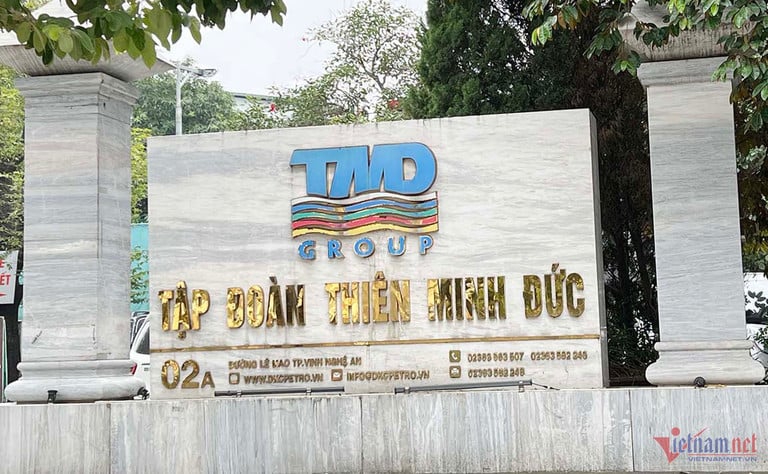
Xuyen Viet Oil Transport and Tourism Trading Company Limited has negative equity of 462 billion VND; owes the State 1,246 billion VND in environmental protection tax; owes the Price Stabilization Fund 212 billion VND, the Company initially owes 1,920 billion VND. However, the company owes Ms. Mai Thi Hong Hanh, Chairwoman of the Board of Directors of the Company 2,978 billion VND ( Ms. Hanh has been arrested since September 2023 - PV )
Loose management of the Stabilization Fund
According to the Government Inspectorate, from the application of measures to establish a price stabilization fund regularly and continuously, not in accordance with the Law on Prices; the BOG Fund management agency still shirks responsibility; lacks regulations, coordination rules, and assignment of tasks between the presiding agency and the coordinating agency (the Ministry of Finance presides over and coordinates with the Ministry of Industry and Trade) in managing the BOG Fund, inspecting and supervising key traders in implementing legal regulations for the BOG Fund, the management of the BOG Fund has not been strictly ensured.
The Ministry of Industry and Trade has not promptly handled violations of the BOG Fund by key traders when the Ministry of Finance has decided to impose administrative sanctions... The State Bank of Vietnam has not issued a document guiding commercial banks to manage the BOG Fund in accordance with the functions and tasks of the bank.
This resulted in 7/15 petroleum suppliers using the BOG Fund for the wrong purpose of price stabilization, not transferring it to the BOG fund account but leaving it in the business's regular payment account for many periods before returning it to the BOG Fund with the amount of 7,927 billion VND.
From January 1, 2017 to December 31, 2021, at the end of the fiscal year, petroleum hubs and commercial banks where key traders opened BOG Fund accounts did not send statements to the Ministry of Industry and Trade and the Ministry of Finance as prescribed... This led to state management agencies not having a clear understanding of the opening balance, provision, usage, interest accrued, and BOG Fund balance.
According to the Government Inspectorate, the Ministry of Industry and Trade has not promptly considered and handled the suspension of business operations or revoked the Certificate of eligibility to act as a petroleum wholesaler under its authority for enterprises that have been sanctioned by the Ministry of Finance for administrative violations many times. That has caused the BOG Fund to be continuously appropriated by wholesale traders and misused for the purpose of stabilizing petroleum prices.
Lots of licensing but little oversight
From January 1, 2017 to June 30, 2022, the Ministry of Industry and Trade issued 37 Business Licenses for exporting and importing petroleum (not including 04 licenses issued to petroleum wholesalers supplying petroleum for aviation activities) and issued 347 Certificates of eligibility to act as distributors (TNPP).
The Government Inspectorate pointed out that the permission to rent warehouses and oil tanks as a condition for granting licenses and certificates has not encouraged key traders to invest in developing oil storage warehouses, leading to difficulties in meeting the requirements for commercial oil storage warehouses. From 2017 to September 2022, the results of implementing investment in building commercial oil storage warehouses according to the plan only reached 15%.
Wholesale traders and distributors mainly rent warehouses and tanks for petroleum as a condition for obtaining licenses and certificates. Many wholesale traders and distributors sign contracts to rent warehouses and tanks for petroleum only seasonally, based on actual usage to reduce costs.
"This is one of the reasons leading to violations in the licensing stage and implementation of licensing conditions by the Ministry of Industry and Trade, key traders and TNPP," the Government Inspectorate concluded.
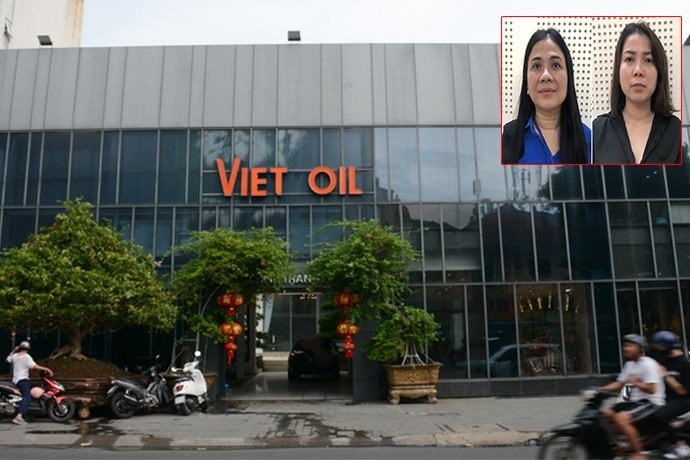

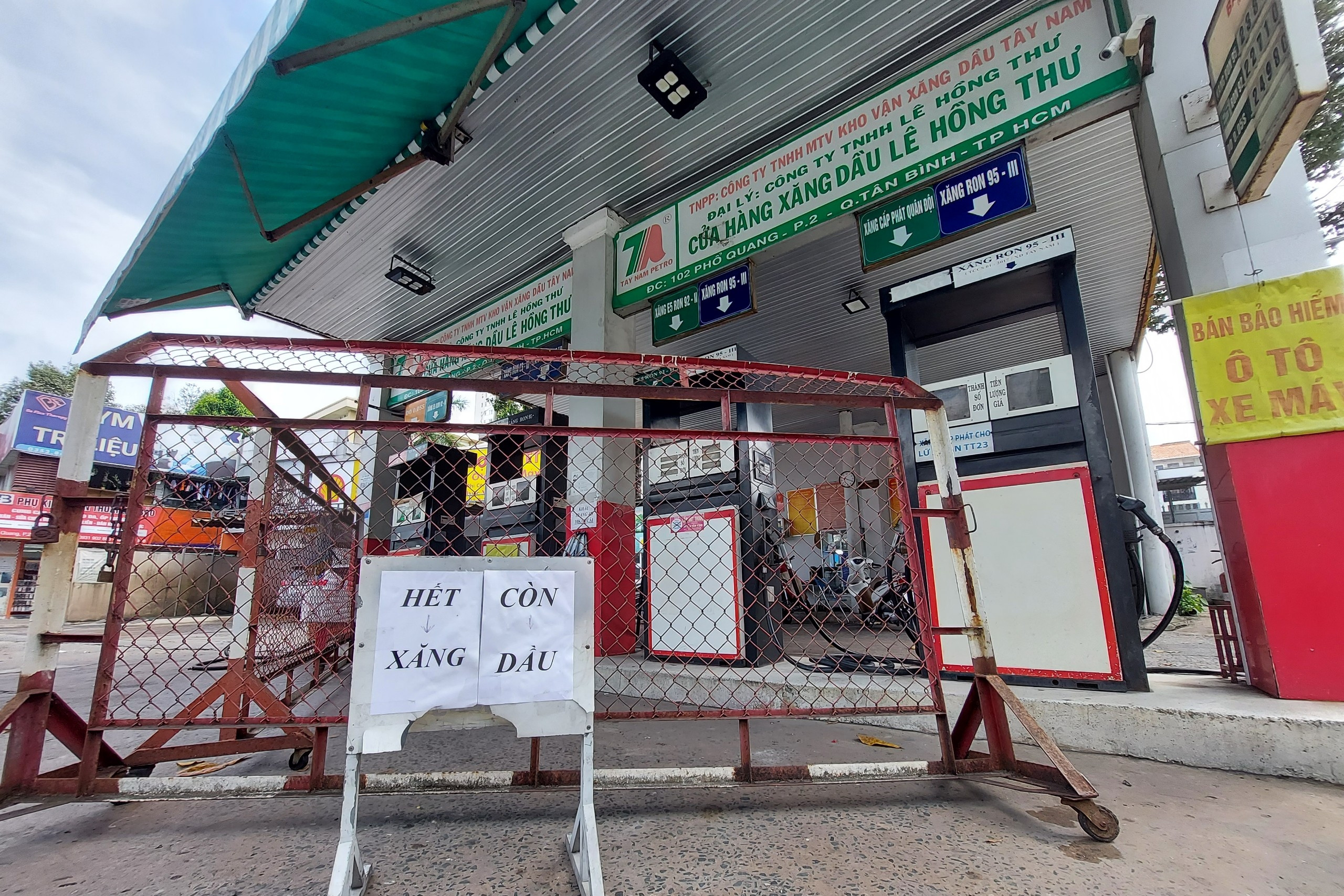
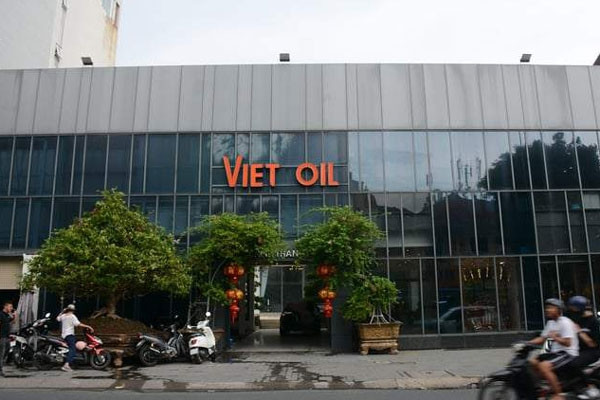

Source




![[Photo] More than 17,000 candidates participate in the 2025 SPT Competency Assessment Test of Hanoi National University of Education](https://vphoto.vietnam.vn/thumb/1200x675/vietnam/resource/IMAGE/2025/5/17/e538d9a1636c407cbb211b314e6303fd)
![[Photo] National conference to disseminate and implement Resolution No. 66-NQ/TW and Resolution No. 68-NQ/TW of the Politburo](https://vphoto.vietnam.vn/thumb/1200x675/vietnam/resource/IMAGE/2025/5/18/adf666b9303a4213998b395b05234b6a)

![[Photo] General Secretary To Lam visits exhibition of achievements in private economic development](https://vphoto.vietnam.vn/thumb/1200x675/vietnam/resource/IMAGE/2025/5/18/1809dc545f214a86911fe2d2d0fde2e8)




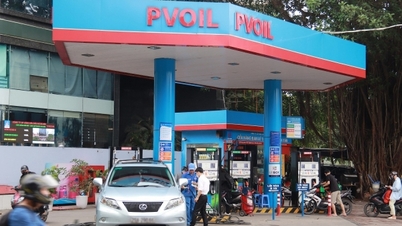







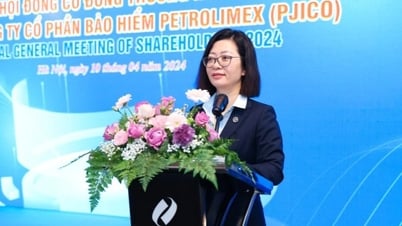













![[Photo] Prime Minister Pham Minh Chinh chairs meeting on science and technology development](https://vphoto.vietnam.vn/thumb/1200x675/vietnam/resource/IMAGE/2025/5/17/ae80dd74c384439789b12013c738a045)











































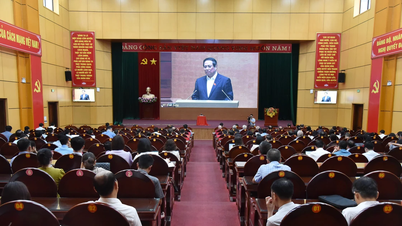

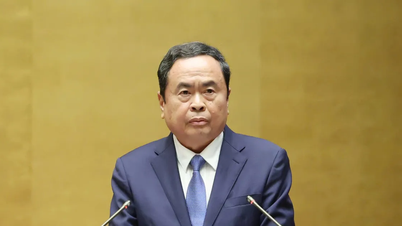















Comment (0)